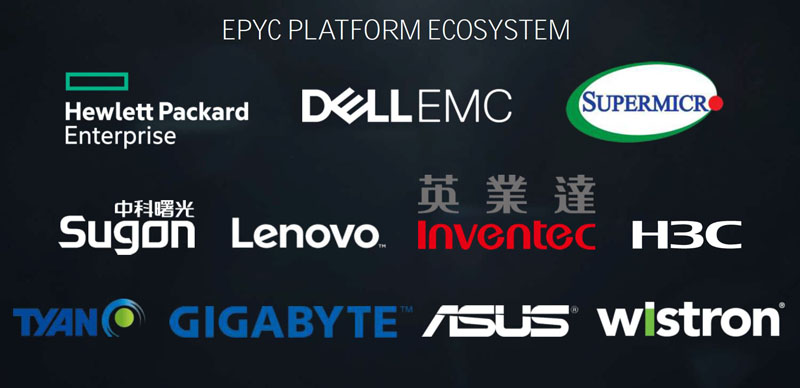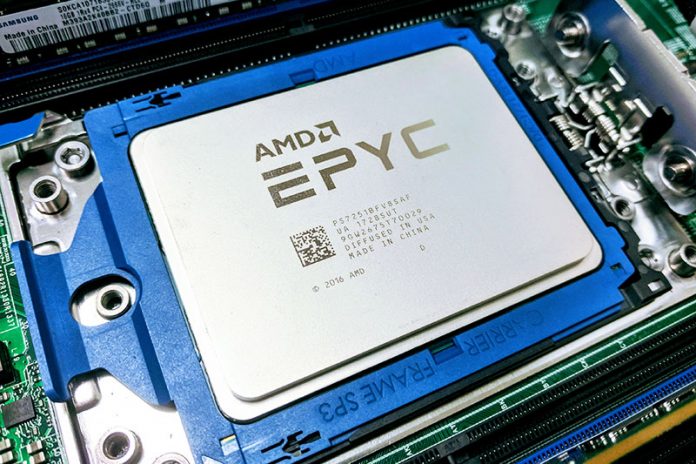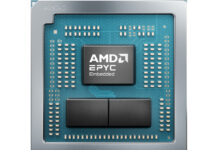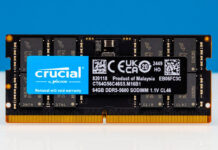Baidu and AMD announced today that Baidu is officially rolling out its single socket AMD EPYC platform targeted at AI, big data and cloud. While we do not cover every cloud design win in the industry, this is a big deal. The prevalent architecture for cloud servers has been dual socket Intel Xeon (E5) for years. The fact that one of the largest cloud providers is using AMD EPYC in a single socket deployment is a notable validation to AMD’s EPYC strategy.
Recently, we saw Microsoft Azure Lv2 Series Instances Featuring AMD EPYC. That followed a familiar pattern of a dual socket x86 server platform deployed in a cloud data center. With this announcement, Baidu is putting its stamp of approval on the single socket EPYC platform. One huge advantage we see with the EPYC single socket platform is that it can still use up to 128 lanes of high speed I/O (PCIe or SATA.)
The Baidu 1P platform is based on their Scorpio rack standard that was first championed by Inspur. It is somewhat analogous to the OCP design that is popular with hyper-scalers such as Facebook. Baidu and AMD did not release information on the OEM/ ODM for the new servers, but one could take a guess.

We asked and confirmed that Baidu is not using AMD GPUs in this big data / AI platform. We also know that Baidu is a big NVIDIA GPU shop and get to see one of their AI clusters regularly. We also know that Intel has invested a lot in the Baidu relationship in the big data / AI space so this is a quality win for AMD.
At STH we have done extensive work with a few single processor AMD EPYC platforms from both Gigabyte and Tyan (thus far), including examples such as:
- AMD EPYC 7251 Linux Benchmarks and Review the Entry EPYC
- AMD EPYC 7281 Linux Benchmarks and Review
- AMD EPYC 7301 Linux Benchmarks and Review
- AMD EPYC 7351P Single Socket CPU Linux Benchmarks and Review
- AMD EPYC 7401P Linux Benchmarks and Review – Something Special
If you read through our work, and our Single Socket AMD EPYC 7000 FAQ Answers to Common Questions one conclusion you will see is that AMD has a strong value proposition in both single socket performance and I/O expansion. If you want to learn more about AMD EPYC and Intel Xeon Scalable architectures, we have a video explaining the basics:
There is certainly more to come on the AMD EPYC side at STH but this is a milestone validating what AMD has been touting and we have been seeing in the lab. Stay tuned for more results from STH.




